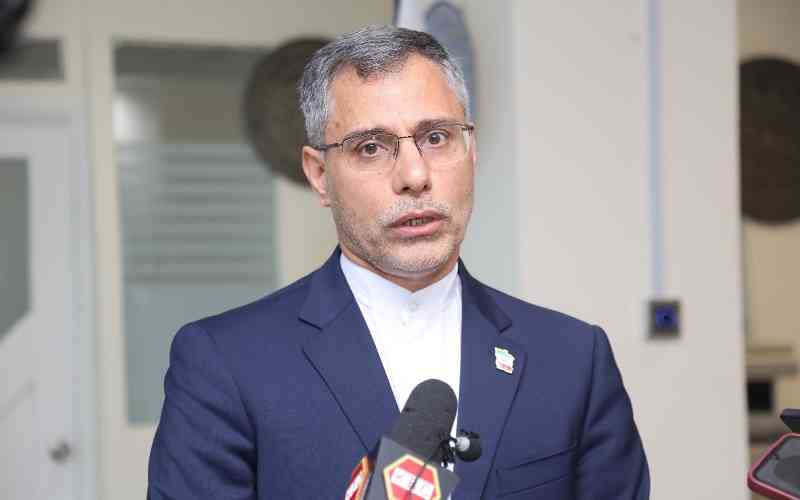×
The Standard e-Paper
Kenya’s Boldest Voice

As the world grows more complex and technology becomes deeply intertwined in daily life, the foundations of family and human relationships face increasing challenges.
Traditional religious and cultural values, long regarded as pillars of family cohesion and strength, now confront external influences that often clash with these ideals.